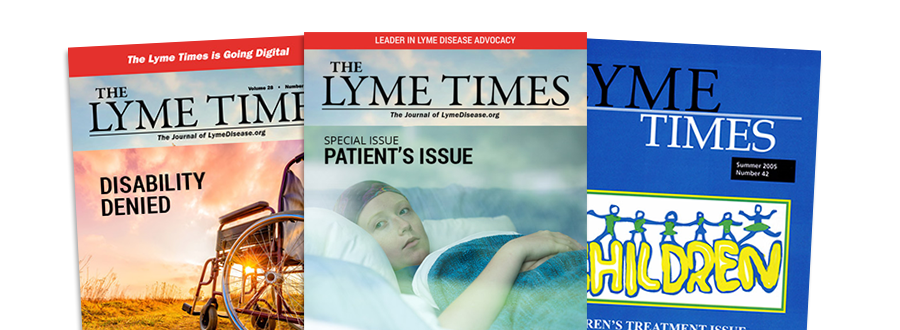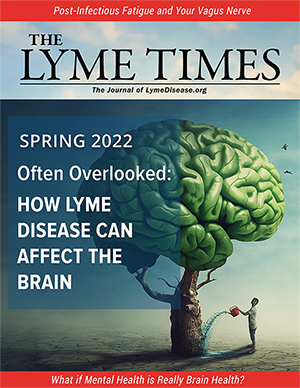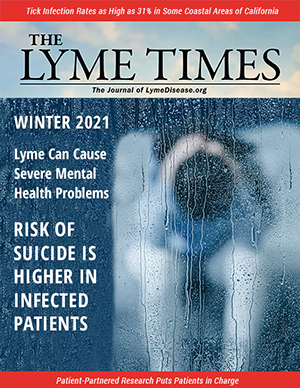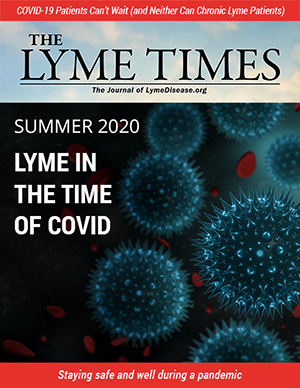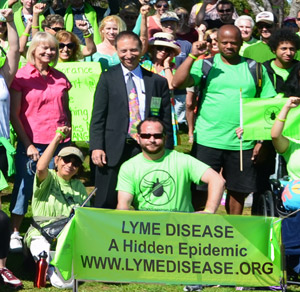- Home
- Find A Physician
- FIND A PHYSICIAN
- LymeTimes
- Current Issue
- Archives
- FEATURED LYMEDISEASE.ORG ISSUES
- Resources
- LYME LITERATE PHYSICIAN VIDEOS
- Physicians
- Members
- About Us
- Resources

T his week, LymeDisease.org submitted comments on the proposed National Institutes of Health’s Tickborne Diseases Strategic Plan (NIH Research Plan).
We reached out to the Lyme community to hear your views about it. Over 4,300 Lyme disease patients responded to our survey in a two-week period. Those responses helped shape our comments to the NIH.
Here are some of the points we made:
I. NIH should emphasize research for diagnosis and treatment of late and chronic Lyme disease. It should also seek ways to reduce treatment failures for early Lyme disease.
The NIH plan identified five research areas. We asked patients to tell us which were the most important to them. Patients said that diagnosis and treatment should be at the top of the list.
- Diagnosis and Detection
- Therapeutics
- Basic Research
- Prevention
- Resources
Patients also said that the most urgent priorities should be diagnostic and treatment approaches for late/chronic Lyme disease. Patients also believed that better treatments are needed for acute Lyme disease to prevent the disease from progressing to chronic Lyme disease. Our specific recommendation is below.
Recommendation: Diagnosis and treatment should be the top priorities in the research strategy and both of these areas should dedicate a significant portion of their efforts toward late and chronic Lyme disease. We also need to develop more effective treatments for early Lyme disease to prevent the development of chronic Lyme disease…..Join or login below to continue reading.
You must be a LymeDisease.org member to access this content.
